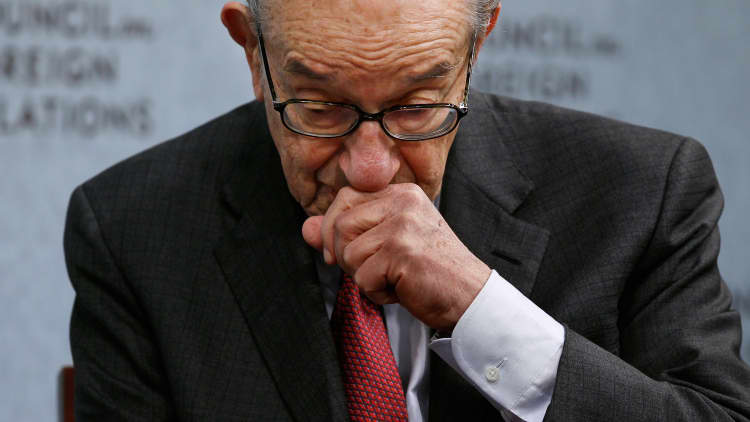
The United Kingdom's move to extract itself from the European Union could take a lot longer than the experts are saying it will.
For investors, that translates into the potential of a long headache and accompanying market volatility that will make decisions on where to put money treacherous.
"We're going to be more sick of talking about the Brexit than we were about the Fed move," said JJ Kinahan, chief strategist at T.D. Ameritrade.
A simple divorce from the EU is designed to happen in two years, once the article that addresses breakups is invoked. But with the interconnected and complicated nature of trade deals and other binding agreements in play, the process of Britain completely shedding itself of EU-related obligations could last a decade.
Markets were in a state of extreme disruption following Thursday's Brexit referendum, in which the move to leave pulled 52 percent of the vote to 48 percent for the remain side. U.S. stock indexes dropped more than 2 percent, and the damage was considerably worse in Europe and Asia.
"I suspect this will take perhaps as long as seven to 10 years for Britain to fully extract itself from the European Union," said Fergus McCormick, head of the global sovereign ratings group at research and ratings firm DBRS. "In the short term, the degree of uncertainty is extremely high. I'm not at all surprised by the reaction of the market."
Britain's move is unprecedented in the EU's history, which dates to the aftermath of World War II. Scotland tried but failed in 2014 to separate from the United Kingdom, but pro-independence forces in Scotland said they wanted to rejoin the EU as their own country. None of the union's 28 members has left since its inception.
The EU has a process known as Article 50, which outlines what happens next. Once the article is invoked, negotiations take place and ties are severed officially, regardless of where talks stand, in two years.
However, McCormick said the actual unwinding of the many EU trade and financial agreements to which Britain is bound likely would take years, as the agreements would be phased out rather than simply terminated. (Click here for a more detailed explanation from The European Parliamentary Research Service.)
"The problem is we are in uncharted territory," he said. "In addition to extracting itself from all the contracts that it has with European businesses, and to extract itself from the very complex treaties of the European Union, ... Britain has to renegotiate 60 additional trade agreements outside of the ones that it has negotiated through the years through the EU. That's going to take a long time."
McCormick said he expects volatility to stay high "for the foreseeable future." Indeed, the CBOE's various volatility indexes rose more than 25 percent by mid-day.
"This is a huge, structural change. It's one of the biggest events in our lifetime," he said. "This could lead to an unraveling of the European Union. It would damage the Atlantic Alliance. ... Investors can't stand uncertainty. We're in a period of high uncertainty now. If I were an investor, I would keep a healthy stock of cash and look into the safe havens for now."
Kinahan said market participants Friday did what he expected — sell stocks and buy bonds.
As the days progress, Kinahan said additional headwinds will pop up, including what looks to be another weak earnings season, an upcoming jobs report at a time when employment is sagging, and the prospect that other European nations will follow the U.K. out the door. He advised investors to tread carefully. Those who held cash will have an opportunity to benefit.
"Well-run companies are still well-run companies. ... This is the ultimate opportunity to say, 'If I like a company, I can nibble,'" he said. "Think about an average price you want to own that company for. In times like this, that's the best advice you can give anybody."


